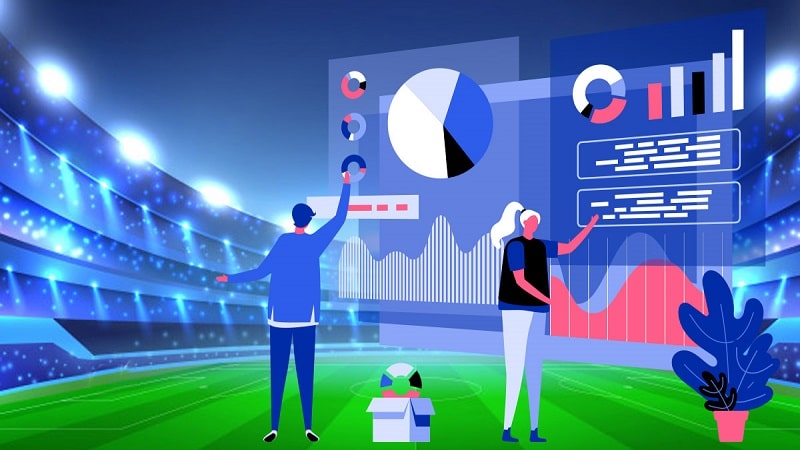
In the realm of sports, particularly in football, data is king. The recent years have seen a significant transformation in how data is used to analyze and predict outcomes in sports, and football is no exception. An essential tool in this data revolution is the football API, a technology that has empowered many, including women, to break barriers and contribute significantly to sports analytics.
This blog post delves into how women are using football APIs to revolutionize sports analytics, breaking down barriers and paving the way for more inclusive and diverse analytical approaches in sports.
The rise of football APIs in sports analytics

Football APIs have become indispensable in sports analytics for providing real-time data, historical statistics, and predictive insights. These APIs pull data from various sources, offering detailed information on player performance, team statistics, and game dynamics. This wealth of data has opened up new opportunities for analysis, strategy development, and even player recruitment.
Women leading the way in football analytics
Traditionally, sports analytics has been a male-dominated field. However, with the advent of more accessible technology like football APIs, a growing number of women are entering this space, bringing fresh perspectives and diverse analytical approaches. These women are not just participating; they are leading projects, developing innovative analysis strategies, and influencing decision-making in clubs and organizations.
Impact of diverse perspectives in analytics
The inclusion of women in sports analytics has broadened the field's perspective. Diverse analytical approaches can lead to more comprehensive insights, challenging conventional wisdom and bringing about more innovative solutions to complex problems. This diversity also encourages a more inclusive environment in sports analytics, inspiring more women to enter and thrive in this field.
Challenges and opportunities

Despite the progress, women in sports analytics still face significant challenges. These include overcoming biases and establishing credibility in a traditionally male-dominated field. However, the opportunities that football APIs and other technologies provide are vast. They offer a level playing field where skills, insights, and contributions are valued over gender.
Empowering the next generation
To continue this trend, it’s vital to empower the next generation of women in sports analytics. This can be done through education, mentorship, and by providing opportunities to engage with football APIs and analytics tools from an early age. Encouraging young girls to pursue STEM fields and showing them the exciting applications of these skills in sports can significantly impact the future of sports analytics.
The future is bright
The integration of women into sports analytics, aided by tools like football APIs, is not just a step towards gender equality; it's a leap towards a more inclusive, diverse, and innovative future in sports analytics. As more women enter and excel in this field, the way we understand, interpret, and enjoy sports will continue to evolve. For those interested in exploring the vast world of sports data and analytics, resources like https://www.sportmonks.com/ offer a comprehensive gateway to the power of football APIs, inviting everyone to be a part of this exciting and evolving field.










